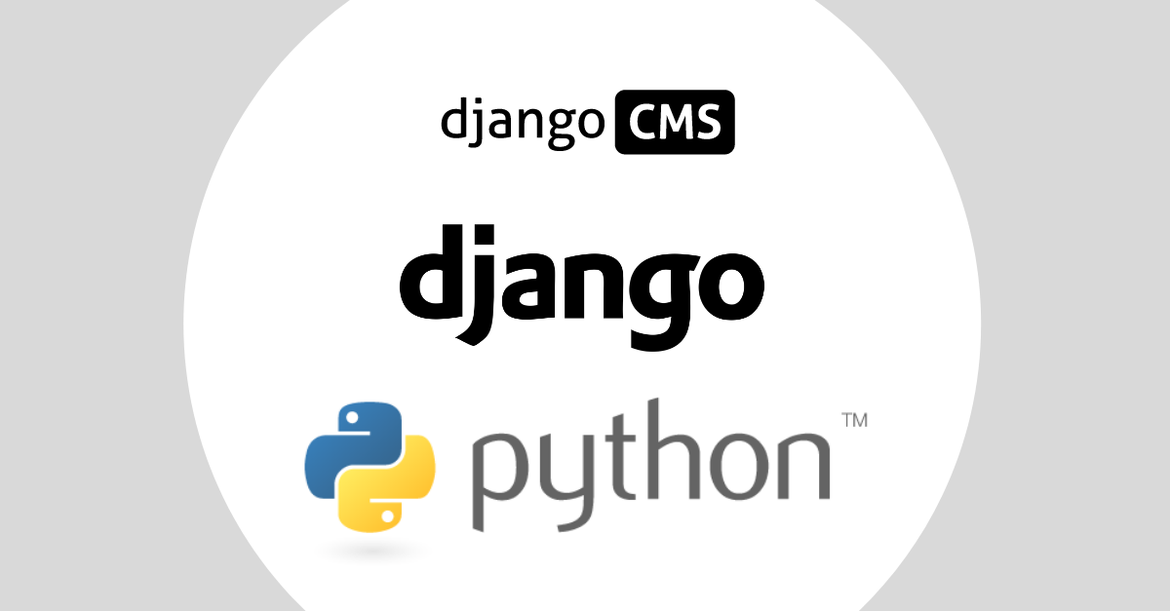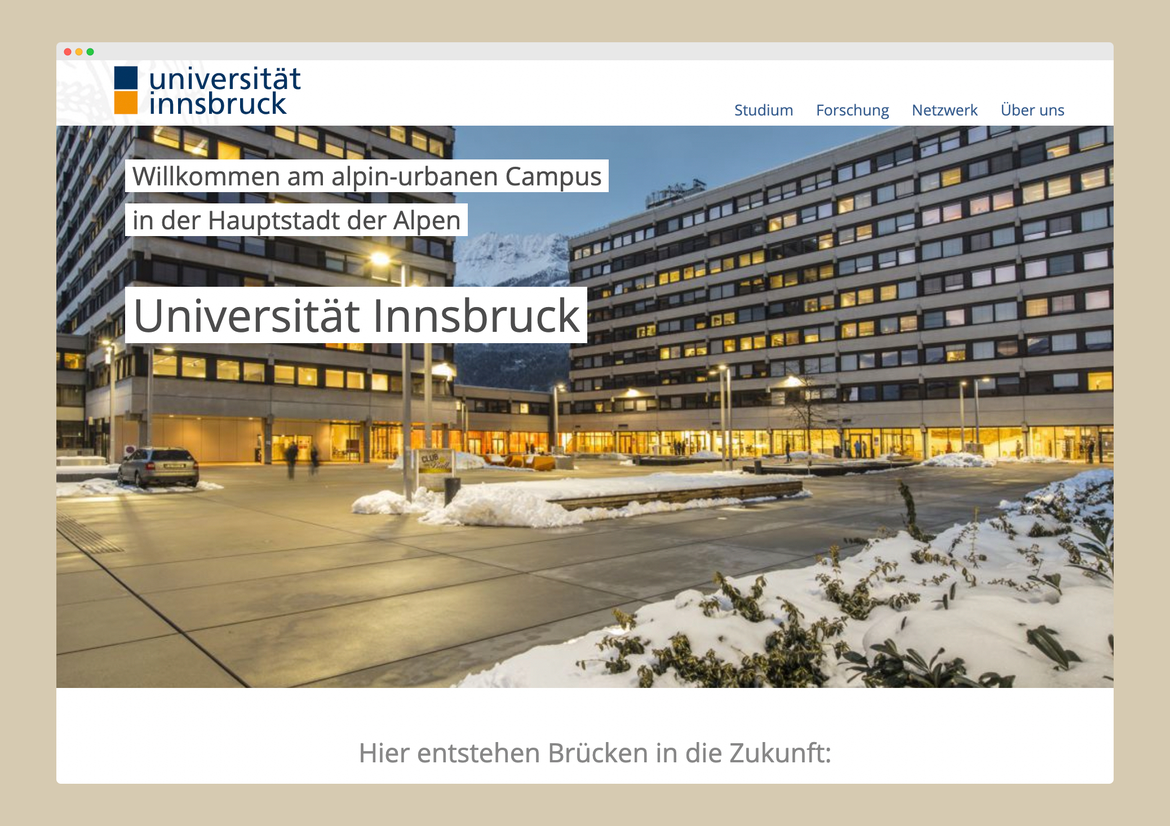3 reasons why django CMS is the perfect choice for universities
Choosing the right CMS is an important decision for universities.

Which content management system is the right one? This is a difficult question to answer, especially for universities. Why? Because universities have very specific requirements for content management systems that go far beyond the normal use case. Organizations of higher education are usually fragmented into many different sub-organizations, such as faculties or chairs, each of which requires its own website. The CMS must therefore have the ability to map this structure correctly and still be manageable at the same time. In addition, a large number of editors must have access to the CMS in order to be able to create web content for their respective department - without compromising the performance. Universities with up to 1600 editors are not uncommon. For this and many other reasons the choice of content management systems for universities seems like an unsolvable task.
In this article we will give you 3 reasons why you can't go wrong with django CMS:
1st Reason: django CMS is open source
Open source is a megatrend that does not stop at universities. It even goes so far that universities use open source to specifically attract students. Open source culture and concepts enable students to have better learning experiences because they are independent of the tech giants who are always calling the shots, and therefore free to share their ideas and build on the work of others. For universities, building on open source, has several advantages.
Security
Open source software is secure because it is constantly subjected to "massive parallel peer review". This means that open source “[...] reinforces sound security practices by involving many people who quickly uncover bugs, and provides spin-offs that provide customers and the community with concrete examples of reusable, secure, and working code.”
Costs
University website projects are usually very very large in scale. Costs can get out of hand very quickly. For this reason, an open source CMS is the most cost-effective solution (low cost of ownership). Unlike commercial providers, you don't run the risk of losing control over the project and having to rely on expensive vendor services (vendor lock-in). Also, community support is free and usually provides high quality, depending on the activity of the community.
2nd Reason: django CMS is built on the Django framework
Python is the most popular programming language in the world (October 2021). It is widely adopted across the academic landscape. For a couple of reasons: First, it is relatively easy to learn, and second, it is widely used in industry. Both factors that make it so popular with students. Django is a free, open source web application framework written in Python. It is a "[...] high-level web framework that encourages rapid development and clean, pragmatic design. Built by experienced developers, it takes care of much of the hassle of web development, so you can focus on writing your app without needing to reinvent the wheel."

Standing on the shoulders of a giant
Tech Giants like Instagram or Netflix rely on Django but also large media outlets like the Washington Post put their bets on Django (Top 19 Websites Built With Django Web Framework). By standing on the shoulder of a giant, django CMS manages to stay leaner and more future-proof than other systems. Websites based on django CMS can be seamlessly extended with custom applications thanks to the embedding in Django. Let's suppose you want to manage scientific publications conveniently via a library across all different websites and display them in different locations: With Django you can do just that. There are almost no limits to creativity and use cases. (See django packages)
3rd Reason: django CMS provides university-ready features out of the box
User permission
Due to its modular structure and embedding in the Django framework, huge projects can be realized with django CMS. Thus, django CMS is able to handle the requirements of many hundreds of departments and their respective websites. Through the granular user permission, it can be determined down to the individual, who has which access rights.
Templates
Thanks to templates, which can be defined with different layouts or built-in components, content editors are able to set up full pages in no time. This saves valuable time and technical resources, because university staff are empowered to quickly create new pages.
Frontend editing
The editing experience in django CMS is second to none. Editing content has never been so easy. Just go to the page you want and edit the content directly in the frontend. Especially at universities, editors have varying degrees of technical know-how. Due to the ease of use of django CMS, all groups, whether professors, students or scientific staff, will quickly learn how to use it.
django CMS provides...
- modern UI
- clear page structure
- modern templating language (Django templates vs XSLT)
- mature and well-supported open-source solution, with a large community of skilled professionals
Large ecosystem & exciting community projects
The ecosystem of django CMS is huge. The list of plugins is long and because of its technical architecture, django CMS allows you also to seamlessly integrate Django packages into your project.
In addition to plugins and packages, there is Richie, a specialized CMS based on django CMS, designed for educational purposes. Richie allows universities to build a course catalog with advanced search, course syllabus and teachers pages.
How the University of Innsbruck migrated to django CMS
If the 3 reasons haven't convinced you yet, take a look at the University of Innsbruck project, a case where a university successfully migrated from its 20 years old in-house solution to django CMS.

